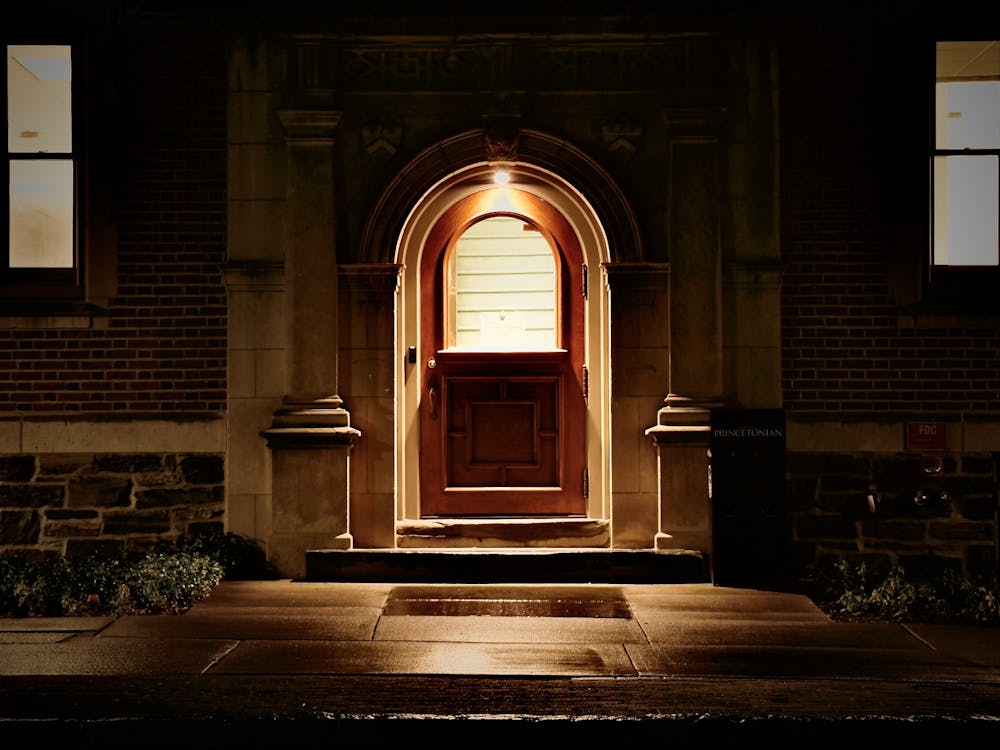With the impending transition to new USG leadership, the new government should tackle the assessment and reorganization of student activities on campus. One of Princeton’s greatest strengths is the initiative of its student body to participate in extracurricular activities. Current undergraduates and alumni alike have cited their experience in clubs such as Club Volleyball, Mock Trial and Princeton University Players as their primary learning and social experience at the University. Though Princeton has a wealth of extracurricular activities and volunteer organizations, it also enables students to found new clubs — all that is required is 20 signatures on a petition, a constitution and Senate approval. In the past, the USG has done much to support both new clubs and old, through cooperation with Project Boards and the Office of the Dean of Undergraduate Students. As a result, students at Princeton can enjoy a wealth of activities as diverse as a chocolate-making club to a team of beekeepers.
However, this “wealth” is a double-edged sword: It represents a massive amount of information that the USG has the responsibility of managing and disseminating to the undergraduate community in effective ways. This includes data about the club’s structure, its events, meetings, membership and application process, if needed. Though many students can join clubs through the Student Activities Fair during Frosh Week and subsequent open houses, this information is not centralized. The virtual presence of a central location for club information and events is especially lacking. Though the USG and ODUS have attempted to craft an event calendar for clubs, it is not frequently used or updated, and unless a Princeton student is on a listserv or sees a Facebook event invitation, he is not likely to attend it. Though each club should take responsibility in advertising its own events, most often organizations can only reach a certain circle, whereas the USG has the capability to communicate to the entire undergraduate community. This is especially important for extracurricular activities that somehow involve an academic interest on campus. These centralization initiatives will help the USG identify the clubs that are active and inactive, as well as the organizations that may need external assistance.
Further, information about the clubs themselves needs to be updated, centralized and better organized online. The directory that ODUS provides for student activities at Princeton still lists a variety of officers (approximately 30) from the class of 2012. Many of these clubs remain inactive, while other new student organizations recently approved by the Senate are not present in the directory. Information concerning the application process required to join these organizations is almost entirely absent, as well as the actual projects of each extracurricular organization. For incoming students, this online presence is especially important, considering the overwhelming, though vibrant, nature of the activities fair.
The USG made great progress regarding the centralization of Street events with the introduction of the Prospect Avenue Map. Due to the nature of the Street, PAM is not used by every club, but it still represents a virtual structure that could be useful for further projects by the USG, such as the update and reorganization of student activities at Princeton. A “map” to student activities at Princeton might be a useful way for undergraduates to better understand their options and how clubs interact with each other and the overall community. If this map could be integrated within the “suite” of Princeton apps on iPrinceton, such as the Integrated Course Engine, all the better.
With respect to newly founded clubs, the USG should also be sure to task individual representatives to observe the progress of the new group and comment on suggestions for potential improvement. Hopefully in the coming semester, the USG will assign new clubs to USG members to help them through the early stages of development. Especially important is the preservation of institutional memory within each organization as its leadership changes from year to year. Supporting fledgling clubs is integral to ensuring that every person within the student body has an opportunity to pursue their interests at Princeton. That being said, this function should serve in a primarily “support” capacity — each organization deserves and must maintain its own sovereignty with respect to oversight from the USG.
Elise Backman is a sophomore from Sea Bright, N.J. She can be reached at ebackman@princeton.edu.







